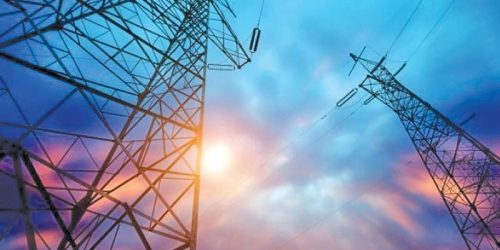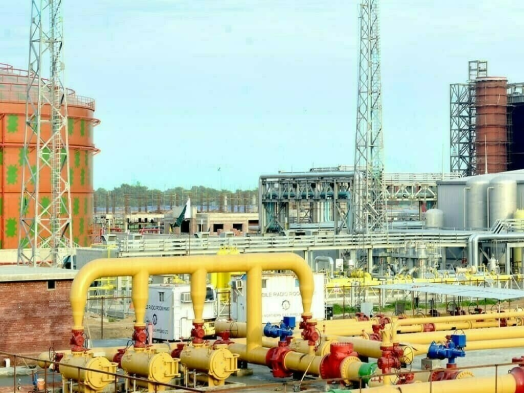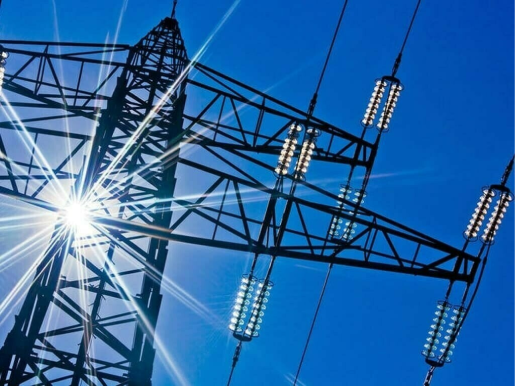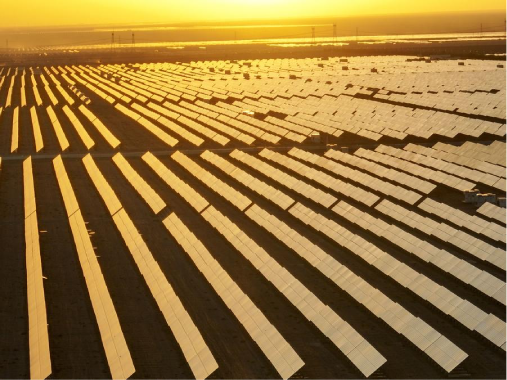ISLAMABAD:
While provinces and experts term the Integrated Generation Capacity Expansion Plan (IGCEP 2020-2047) unrealistic, the National Electric Power Regulatory Authority (Nepra) on Wednesday decided to constitute a technical committee to address the serious objections raised during a public hearing.
During the hearing, held via video link, on the IGCEP 2020-47, the provinces, Azad Jammu and Kashmir (AJK), key public and private sector stakeholders and experts raised objection over the proposed plan and termed it unrealistic and overambitious as it undermined the indigenous energy resources and demanded changes to the plan.
The Sindh government alleged that the National Transmission and Despatch Company (NTDC) did not take the province on board while drawing up the policy.
The IGCEP 2020-47 is a policy document prepared by the NTDC under which the future generation capacity expansion should take place in various fuel and technology categories on the basic principle of least cost.
The regulator, after detailed deliberations on the main features and observations/input from the stakeholders and experts, decided to constitute a committee comprising officials of the NTDC, Central Power Purchasing Agency-Guarantee (CPPA-G), Nepra and other experts of the power sector to further improve and finalise the IGCEP by mid-August, 2020, a Nepra spokesman said after the hearing.
As per the IGCEP, a total of 148,074 megawatts of electricity will be added to the national grid by 2047.
This includes 45,929MW hydel-based electricity, 32,697MW local coal-based energy, 27,090MW based on re-gasified liquefied natural gas, 26,522MW solar, 9,241MW wind, 3,300MW nuclear, 1,620MW based on imported coal, 1,000MW from across the border and 655MW bagasse-based.
In its comment, Korea Hydro and Nuclear Power Co Ltd (KHNP), which is a partner of the K-P government in a hydroelectric power project, termed the plan of allocating capacity development unrealistic.
Besides, the company also raised questions over making the Water and Power Development Authority (Wapda) a major stakeholder in hydroelectric power production for developing 33,765MW of the total planned capacity.
It seems unrealistic that a public sector organisation can arrange this level of funding, it said.
As per concerns raised by AJK, the time frame for its projects has been pushed back by almost 25 years and they will be considered for development in 2040-2045.
It said investors were reluctant to invest due to the IGCEP and requested Nepra to direct NTDC to reconsider and revise the proposed plan.
NTDC had submitted the IGCEP 2047 to the authority as a least-cost generation expansion plan to cater for future energy requirements of the country. In view of the importance of the matter, the regulator previously sought comments from the stakeholders and decided to have a public hearing on the matter.
The participants in the hearing presented their views and suggestions for further improvement in the IGCEP.
Information Minister Shibli Faraz said the focus should be on generation of electricity from cheaper sources, adding that instead of the plan for 2020 to 2047, there should be planning for the short term.
The Punjab government was of the view that an important aspect for the addition of captive power plants (CPP), net metering by residential, commercial, agriculture and industrial consumers was not accounted for by the IGCEP and that would surely have an impact on short, medium and long-term planning.
Sindh Energy Minister Imtiaz Shaikh alleged that they were not taken on board before drawing up the proposed 27-year plan. He said they would take the matter to the Council of Common Interests (CCI) that the province was not consulted.
He said the provincial government had sent 78 projects while only 21 were added to the plan, adding that power generation was easy but the problem was with the transmission and distribution system.





